Presidential
hopeful Barack Obama on Thursday won the endorsement of John
Kerry, the Democrats' 2004 presidential nominee, giving his
campaign a boost against Hillary Rodham Clinton in an
increasingly tight race.
The field of
Democratic candidates narrowed Thursday as New Mexico
governor Bill Richardson announced he is ending his bid for
the nomination after poor showings in Iowa and New
Hampshire, the first two critical contests where Obama
and Clinton split wins.
Obama, vying to
become the first black U.S. president, and Clinton, who
wants to be the first female president, now face just a
handful of races before February 5, when primaries and
caucuses in 22 states form the equivalent of a
possibly decisive nationwide primary. Challenging them as
the only other significant Democratic candidate left
standing after Iowa and New Hampshire is former
North Carolina U.S. senator John Edwards; he has vowed
to stay in the race and is counting on the January 26
contest in South Carolina, where he was born, to even the
score.
The Republicans,
meanwhile, face the most wide-open presidential campaign
in a half century, with both Baptist
preacher-turned-politician Mike Huckabee and veteran
U.S. senator John McCain securing wins in Iowa and New
Hampshire, respectively, but bracing for challenges from
Mitt Romney, in Tuesday's primary election in Romney's
home state of Michigan, and Rudy Giuliani, in Florida
on January 26.
McCain, who won
New Hampshire's independent voters with his message of
experience in national security, also is looking at Michigan
and at South Carolina, a state that spoiled his
presidential hopes eight years ago. But Huckabee, who
has so far largely worked in tandem with McCain to
deflect Romney's onslaught in the run-ups to the first two
crucial races, has not discounted a change in strategy
to neutralize the veteran Arizona senator.
''I don't see us
going out there and taking the gloves off,'' Huckabee
said of the prospects of a tough encounter with McCain, a
former U.S. Navy pilot shot down over Hanoi,
Vietnam, and held more than five years as a prisoner
of war.
The two
candidates appeal to different segments of the Republican
Party, and McCain has been quick to accept that
dichotomy.
''The Republican
establishment has never embraced me in my entire life.
But I think we just proved that we can get the support of
enough to win an election,'' he told a rally in Grand
Rapids, Mich. He added he would try to remind
evangelical voters, like those who gave Huckabee victory in
Iowa, ''that my social conservative record has been
consistent and unchanging.''
New Hampshire win
or no, he said, ''I'm always an underdog. I always want
to be called an underdog.''
Romney, a
millionaire businessman and former Massachusetts governor,
could be the spoiler, if not in his party's February 19
South Carolina primary, then four days earlier in
Michigan, where he grew up and his father was
governor. McCain won Michigan in 2000.
An Associated
Press-Ipsos poll released Thursday found Romney in
third place in South Carolina, with 17% support,
behind McCain's 25% and Huckabee's 18%.
He has shifted
his focus to the Midwest state (eschewing South Carolina)
as well as to Florida, where Giuliani has pressed hard
to lobby the community of New Yorkers who call the
Southern state home in the winter.
Injecting another
measure of uncertainty in the Republican race is New
York City mayor Michael Bloomberg. While the billionaire
repeatedly has denied presidential aspirations, he
disclosed he had authorized polling and voter analysis
in all 50 states.
Bringing up the
rear are Ron Paul and actor-politician Fred Thompson,
whose presidential bid has so far mirrored his former role
as the district attorney in television's hit series
Law & Order : cameos with punch lines.
In the Democratic
race, Richardson's departure follows that of U.S.
senators Christopher Dodd and Joe Biden. With the contest's
narrowing, Edwards emerges as the spoiler, and Kerry's
endorsement of Obama, announced in South Carolina,
seems as much a gesture of support for Obama as a slap
in the face directed at the former North Carolina senator
who served as Kerry's 2004 running mate.
Quoting a black
American hero, Kerry declared, ''Martin Luther King Jr.
said the time is always right to do what is right. And I'm
here in South Carolina because this is the right time
to share with you, to make sure that we know that I
have the confidence...and that Barack Obama can be,
will be, and should be the next president of the United
States.''
He said he
believes ''more than anyone else, Barack Obama can help our
country turn the page and get America moving by uniting and
ending the division we have faced.''
Edwards, who
finished a weak third in New Hampshire, has set his sights
on South Carolina and has pitched himself as a native son --
a push in an agricultural and industrial state that
falls neatly with his populist campaign.
''It's the first
time we've had a primary that has a large
African-American population. So I think it's a place that's
a good test for all three of us,'' Edwards said.
''I'm not someone
who has to have somebody explain to them what's
happening with the mills closing, jobs leaving, what's
happening with the school system in South Carolina,''
Edwards said. ''You need someone who understands it
personally.'' Edwards's father was a mill hand in North
Carolina, but the candidate earned millions of dollars as a
trial lawyer.
Obama, whose loss
in New Hampshire stunned even members of Clinton's
campaign, has predicted that the coming races will be
exceedingly unpredictable, and the tone could become
decidedly more hostile, a marked departure from the
relatively benign campaigns the Democrats have run
compared to their Republican counterparts.
''We have to make
sure that we take it to them just like they take it to
us,'' Obama said Wednesday about Clinton's win and attacks
heaped on him by her husband, former president Bill
Clinton, who has complained that the Illinois senator
has largely been spared the scrutiny his wife has
endured. (AP)











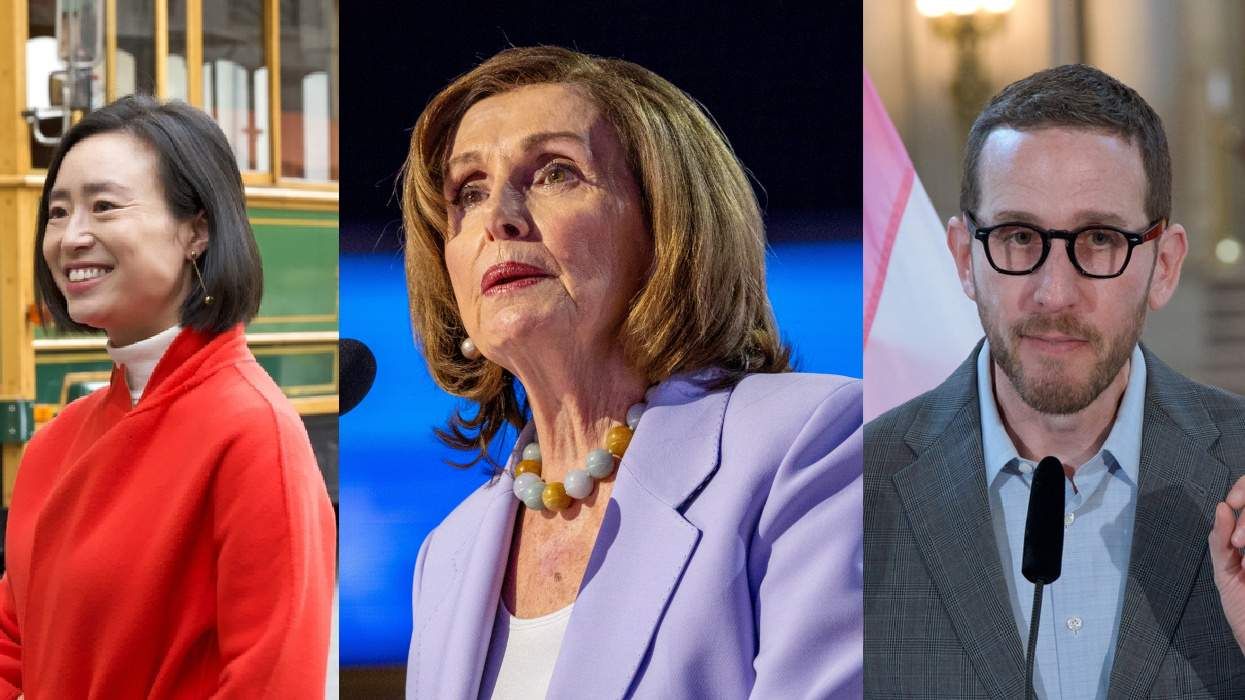
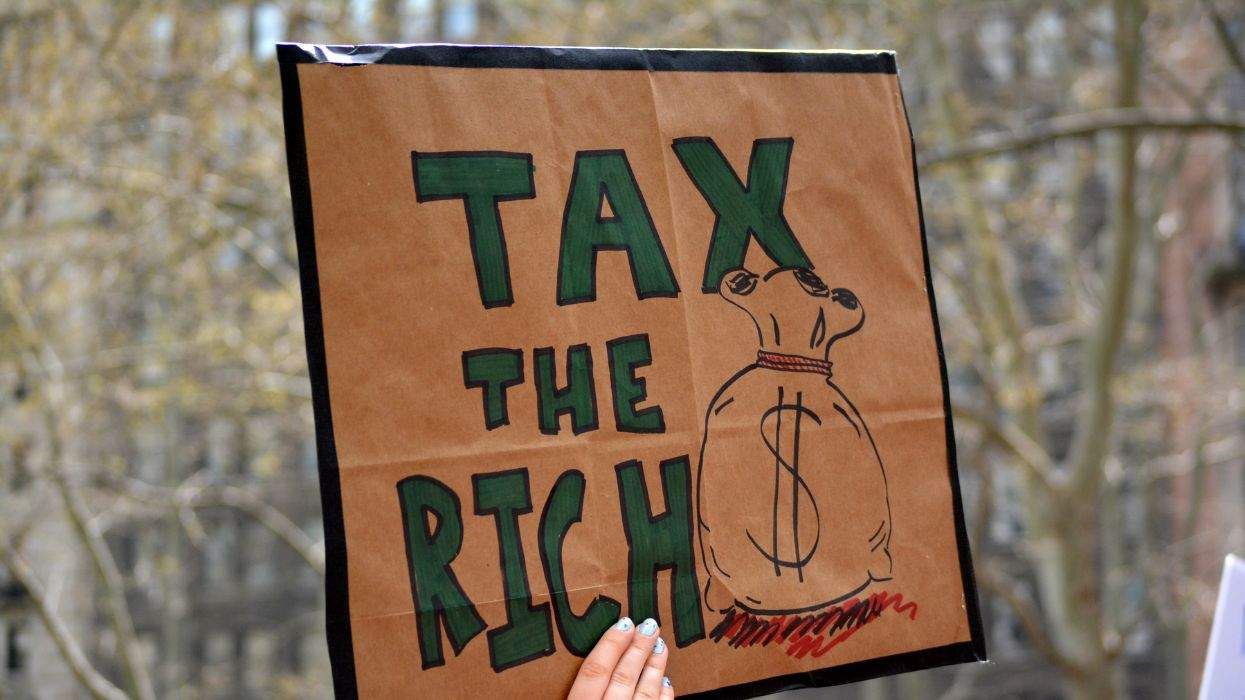
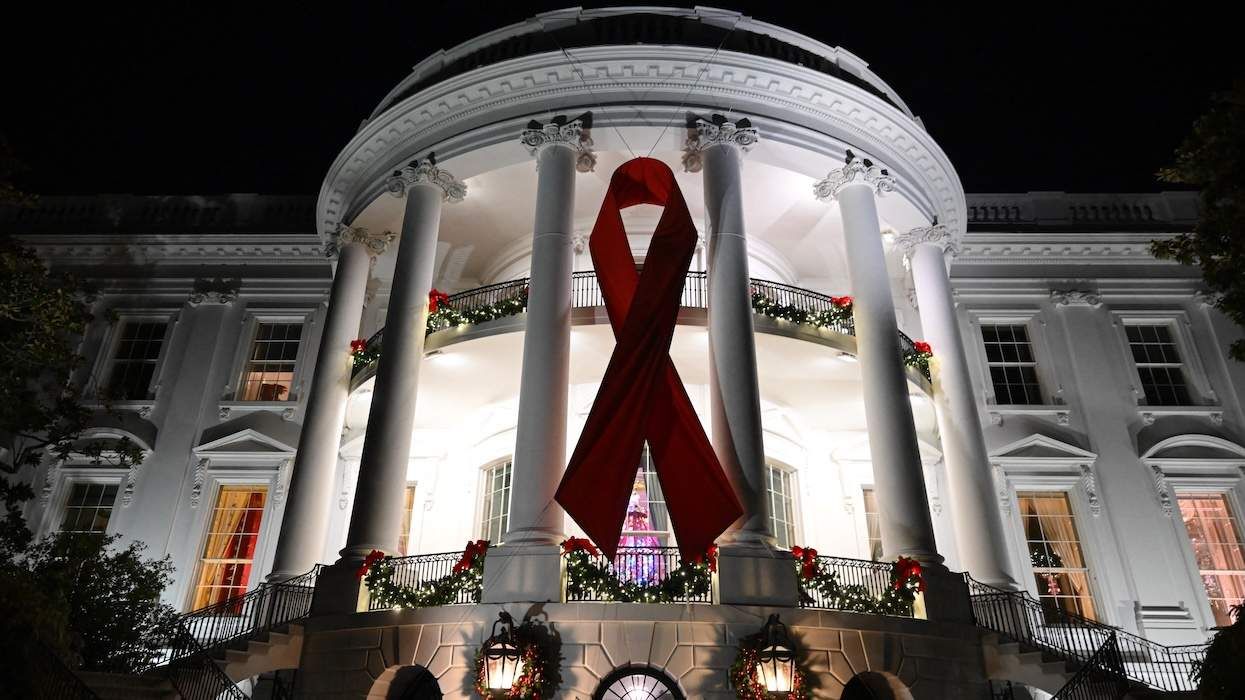
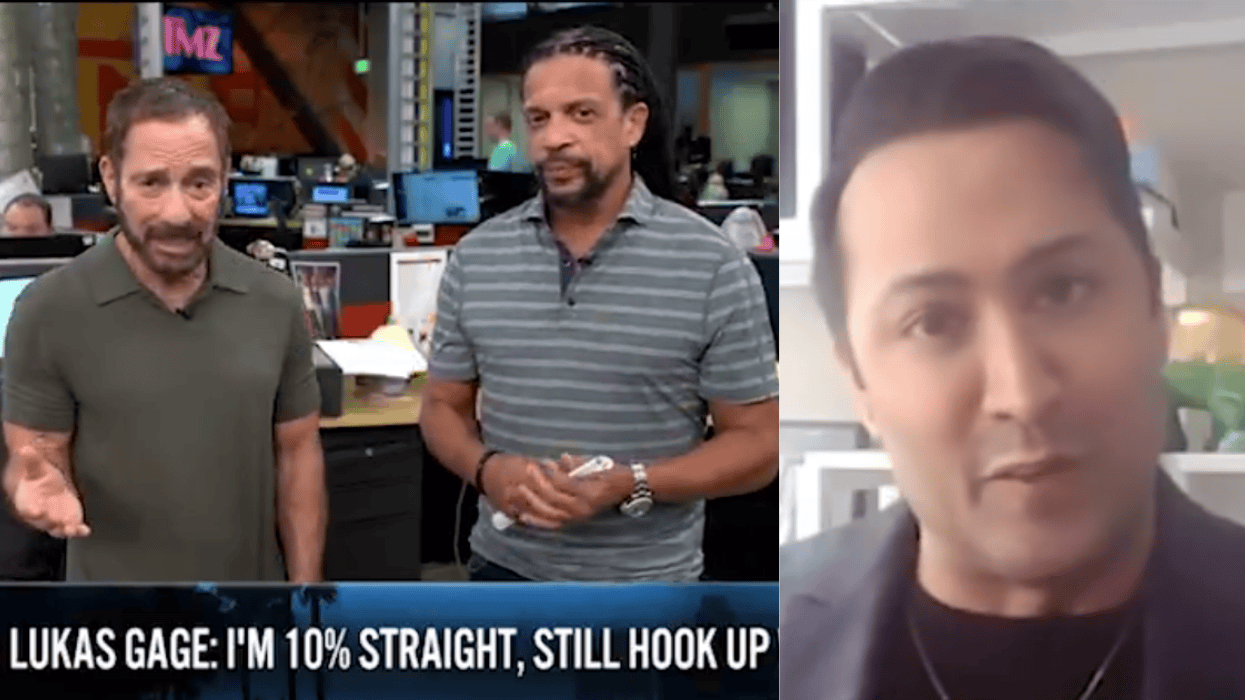
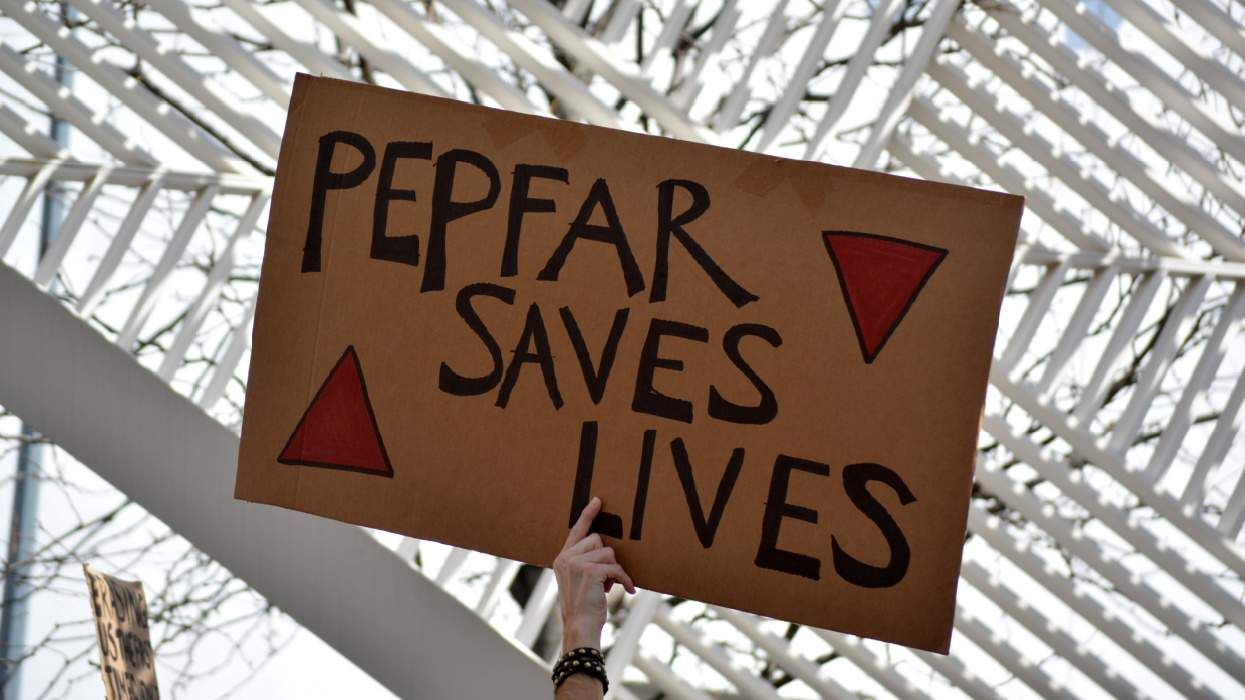

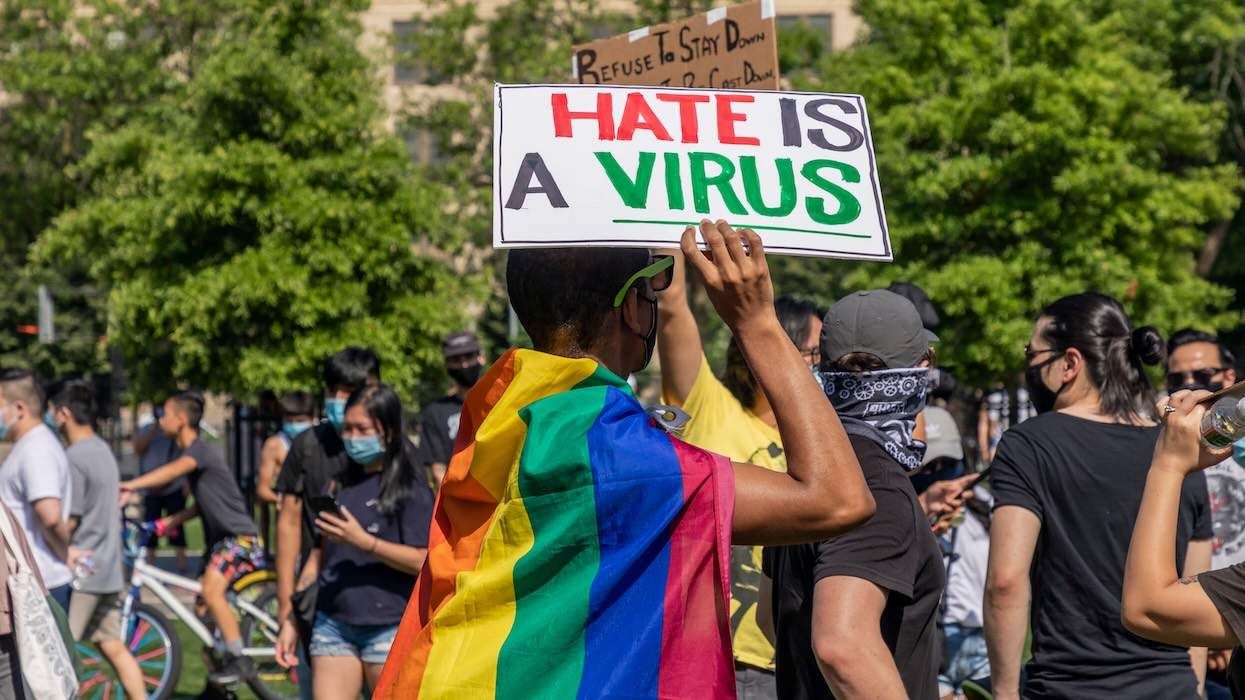



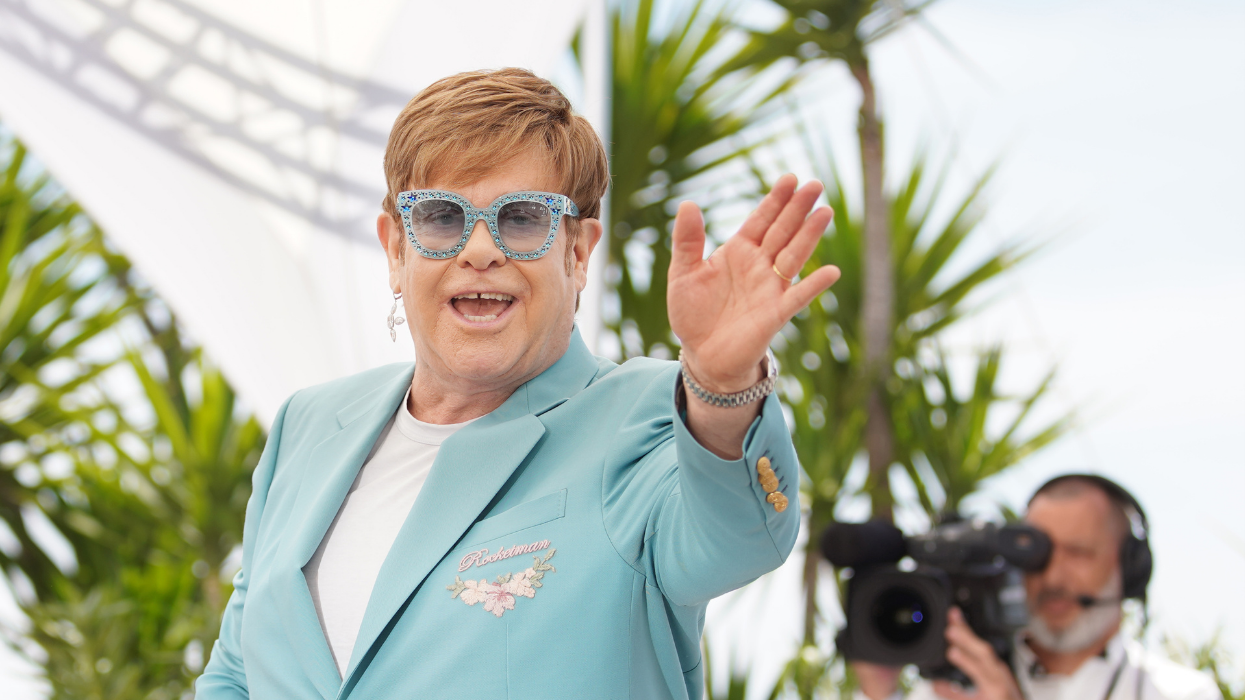

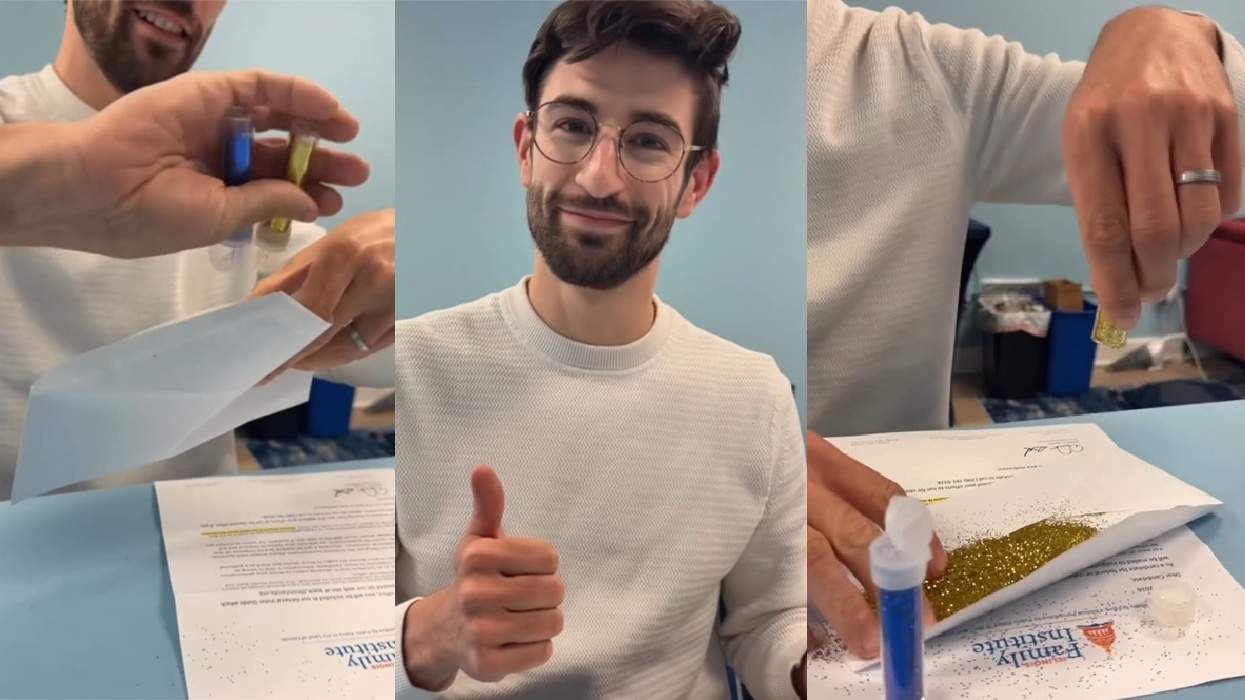
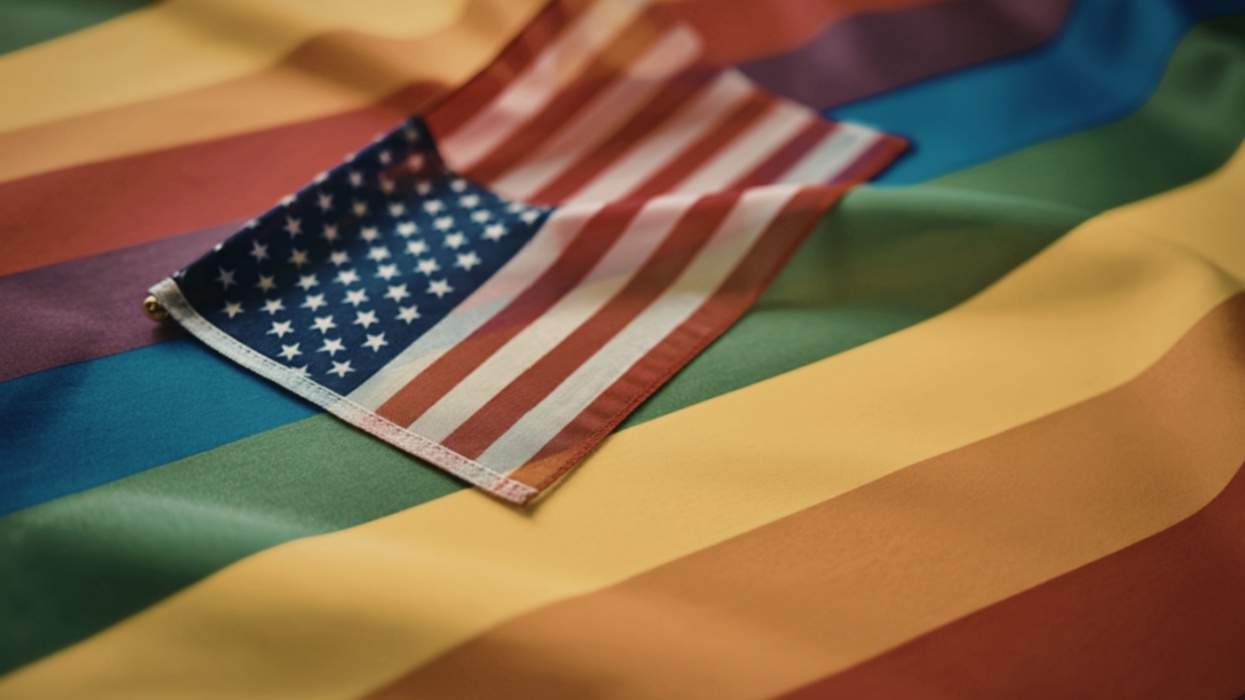
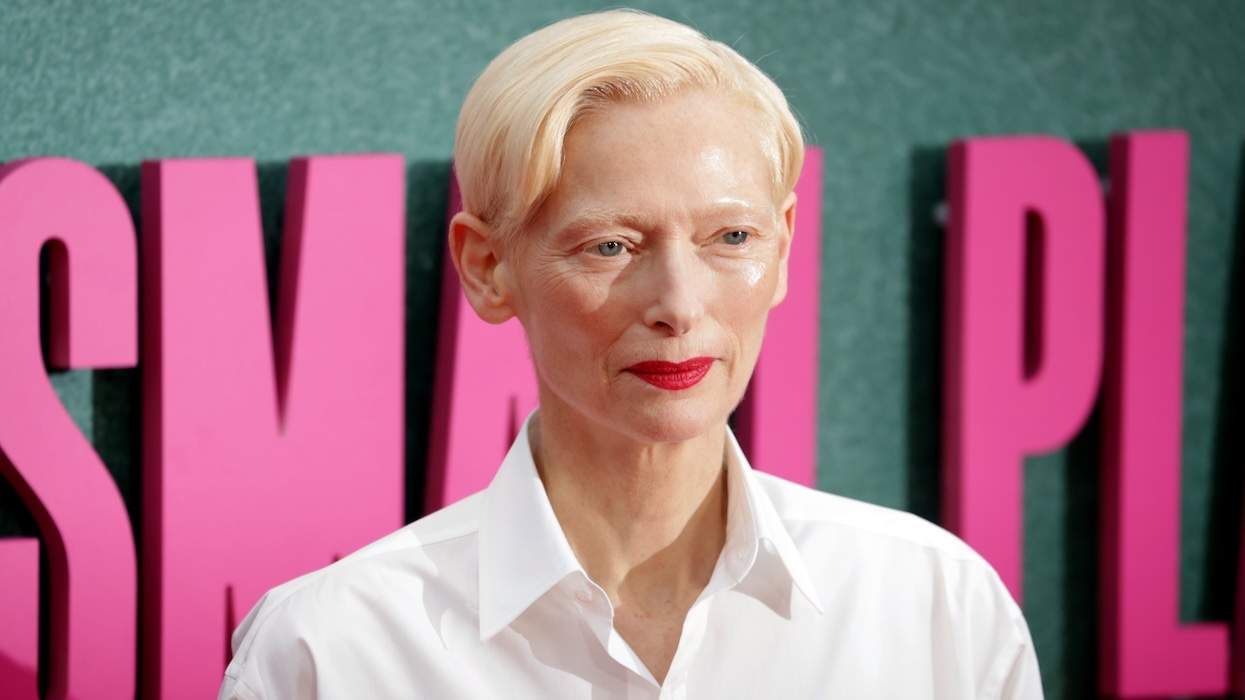
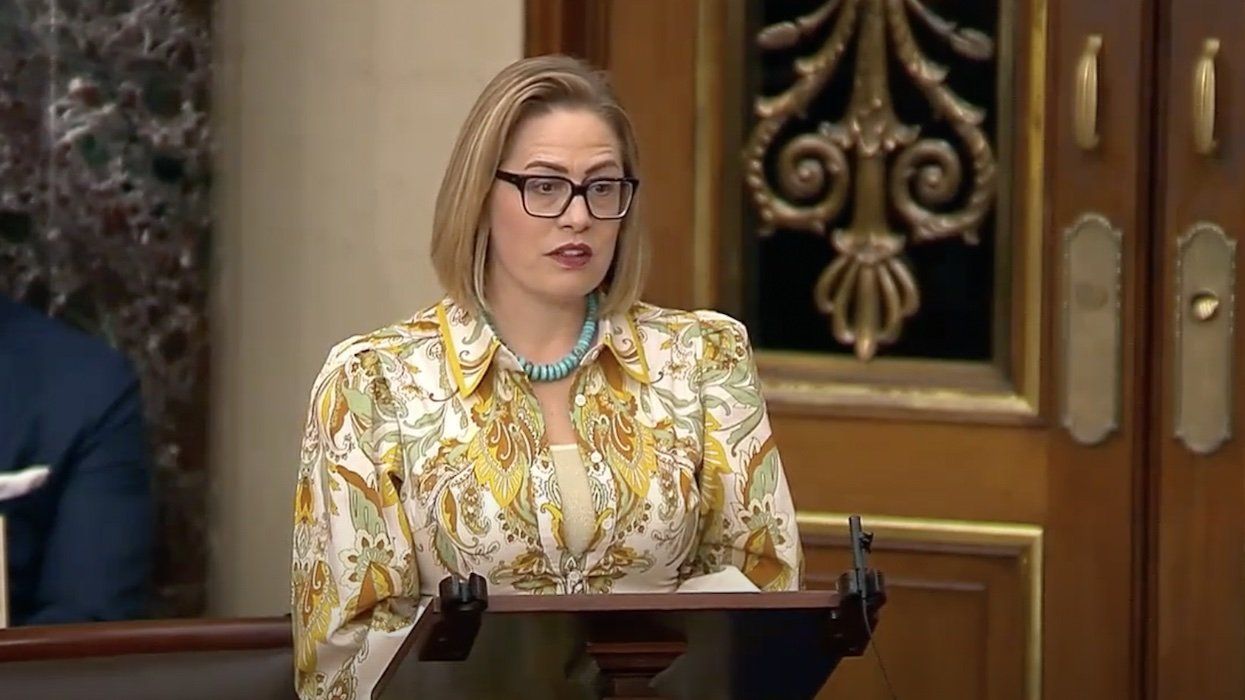
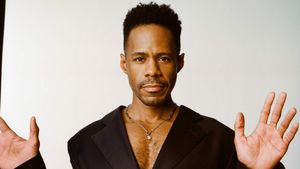



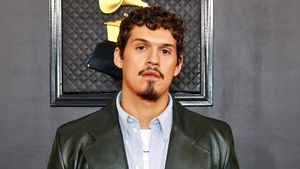

























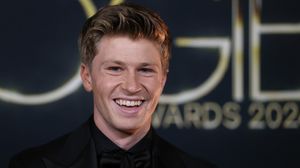









Charlie Kirk DID say stoning gay people was the 'perfect law' — and these other heinous quotes